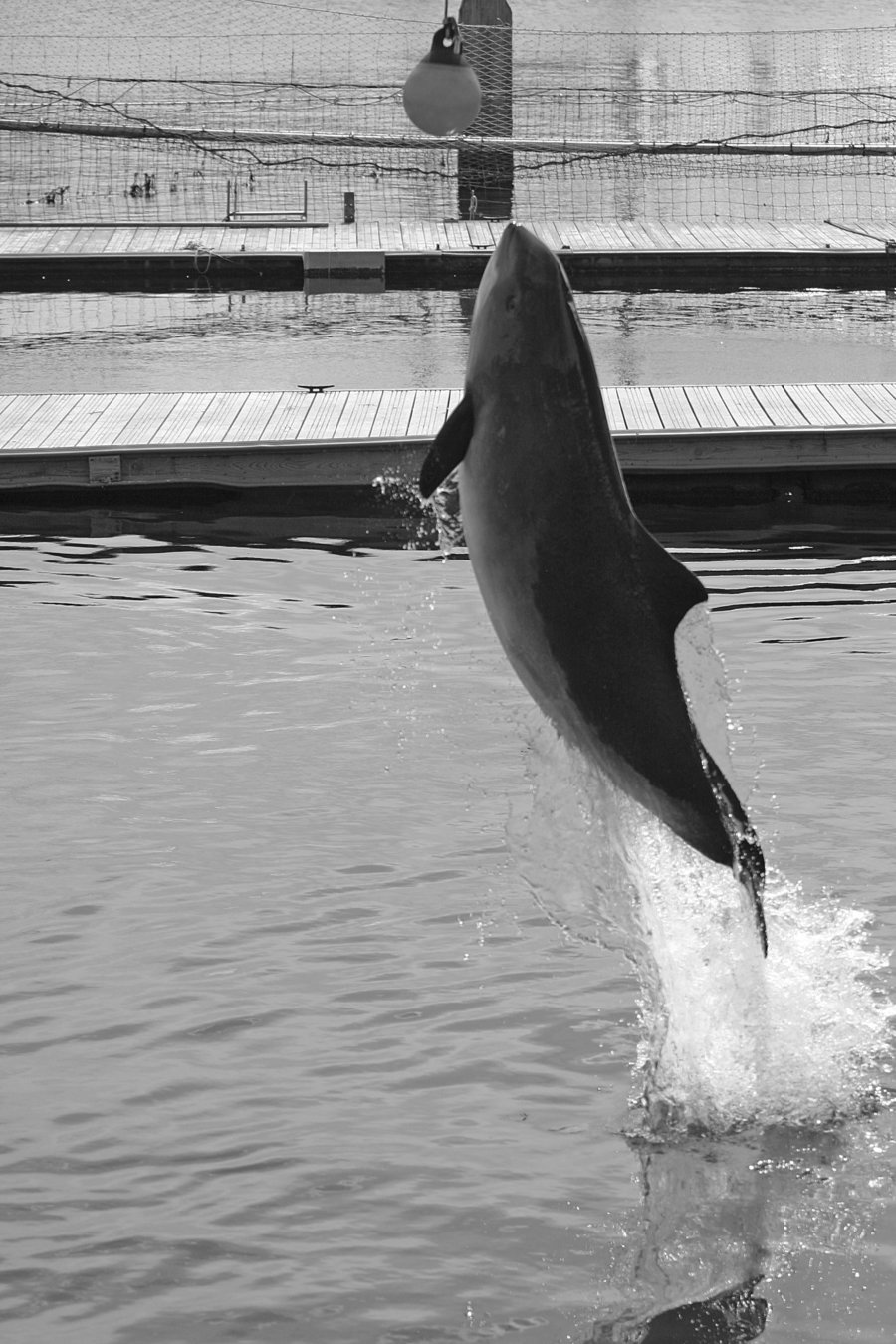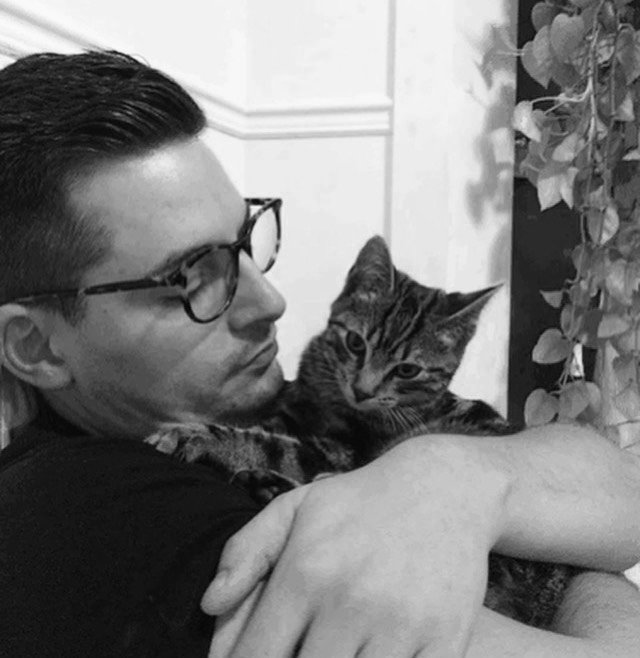Dom Taylor
August 29, 2019
Detective Work
&
REFERENCE WORK

$
$
Plan for Today:
To identify methods for facilitating reference interactions at the desk.
Communication Slip-ups
Did you know what I meant by
"for all intensive porpoises?"
Does it matter what I specifically meant by that phrase to figure out what I mean as a whole (in context)?

Porpoise. (2019). In Wikipedia. Retrieved from https://en.wikipedia.org/w/index.php?title=Porpoise&oldid=911743075
Examples
of slip-ups that (usually) still work

"Hut dog"
"Hand burger"
"I'm looking for Guy Debord's Spectactle"
"I'm looking for GYE DABBORD, SPECK-TACKLE"
WhAT I HEAR
What STUDENT Says
Communication BreakDOWN
I Wasn't Engaged In Detection!
DETECTIVE WORK?
Like Oedipa Maas in Crying of Lot 49 or Detective Philip Marlowe in Raymond Chandler's stories, including The Big Sleep, reference work involves:
A Mystery
FragmentARY
to be solved
information to work with
in some sort of "distress"
THE ART OF DETECTION
A Patron
The DETECTIVE

The detective is a helpful and necessary fiction:
"Through [the detective] we are able to see, to know, the society as a whole, but [the detective] does not really stand for any genuine experience of it." (Fredric Jameson, 2016, p.7)
Warner Bros. Screenshot from the Film Trailer for The Big Sleep, Featuring Humphrey Bogart. 1946. Film trailer, Wikimedia Commons, https://commons.wikimedia.org/wiki/File:The-Big-Sleep-trailer-book.jpg.
But...
The detective isn't a phony or a fraud. They create themselves by filling in the gaps. Observing the same situation, but with an eye for detection.
Reference work
Getting To the REAL NEED
and not necessarily what the patron says "they need"
Example
STATED NEED: I need 3 books on the Catholic Persecution.
DECODED NEED: I need 3 peer-reviewed sources about some aspect of the persecution of Christians in the Early Church
First CLuE: THE ASSIGNMENT
If you have time, always ask to see the assignment requirements and guidelines.
The next best thing is to jot down what they can remember about it.
Keep the deadline in mind.

What does the patron already know about the topic? What do they want to know about it? And does this match the assignment requirements?
This basic information can at least give you an idea of how in-depth you should go into your help.
It may be that the best thing you can do is point them to general sources so that they can do some background reading before diving in.
Second CLUE: Awareness Assessment
?
?
?
?
?
?
?
?
Subject guides can direct you to general resources, such as encyclopedias, that can provide the patron with a jumping off point.
If the patron seems experienced, you may just ask them if they have consulted general sources. If so, what, if anything, did they identify as potentially useful?
Third CLUE: Subject Guides
Additional Information Gathering
Basic keyword searching, identifying databases (in subject guides)
If the patron has enough time before their assignment is due, helping patrons to book appointments with subject liaisons is the way to go.
The on-call librarian is great for patrons that need immediate in-depth help.
lIBRARIANS ARE HERE TO HELP
What part of reference work is most difficult vs. most rewarding?
What are some reasons you call for back-up library assistants and on-call librarians? What makes you call one rather than the other?
QUESTIONS + Discussion?
Thanks!
DomTaylor
email: dominique.taylor@umanitoba.ca
phone: 204.474.9184

Reference
Jameson, Fredric. 2016. Raymond Chandler: The Detections of Totality (London : Verso).